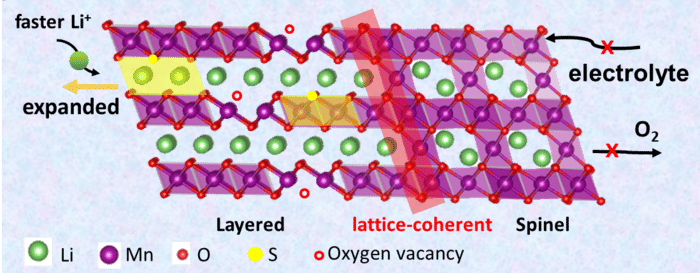New evidence on how fluoride fights tooth decay
Advertisement
In an advance toward solving a 50-year-old mystery, scientists are reporting new evidence on how the fluoride in drinking water, toothpastes, mouth rinses and other oral-care products prevents tooth decay. Their report appears in the ACS journal Langumir.
Karin Jacobs and colleagues explain that despite a half-century of scientific research, controversy still exists over exactly how fluoride compounds reduce the risk of tooth decay. That research established long ago that fluoride helps to harden the enamel coating that protects teeth from the acid produced by decay-causing bacteria. Newer studies already found that fluoride penetrates into and hardens a much thinner layer of enamel than previously believed, lending credence to other theories about how fluoride works.
The report describes new evidence that fluoride also works by impacting the adhesion force of bacteria that stick to the teeth and produce the acid that causes cavities. The experiments — performed on artificial teeth (hydroxyapatite pellets) to enable high-precision analysis techniques — revealed that fluoride reduces the ability of decay-causing bacteria to stick, so that also on teeth, it is easier to wash away the bacteria by saliva, brushing and other activity.
Most read news
Organizations
Other news from the department science

Get the chemical industry in your inbox
By submitting this form you agree that LUMITOS AG will send you the newsletter(s) selected above by email. Your data will not be passed on to third parties. Your data will be stored and processed in accordance with our data protection regulations. LUMITOS may contact you by email for the purpose of advertising or market and opinion surveys. You can revoke your consent at any time without giving reasons to LUMITOS AG, Ernst-Augustin-Str. 2, 12489 Berlin, Germany or by e-mail at revoke@lumitos.com with effect for the future. In addition, each email contains a link to unsubscribe from the corresponding newsletter.




























































